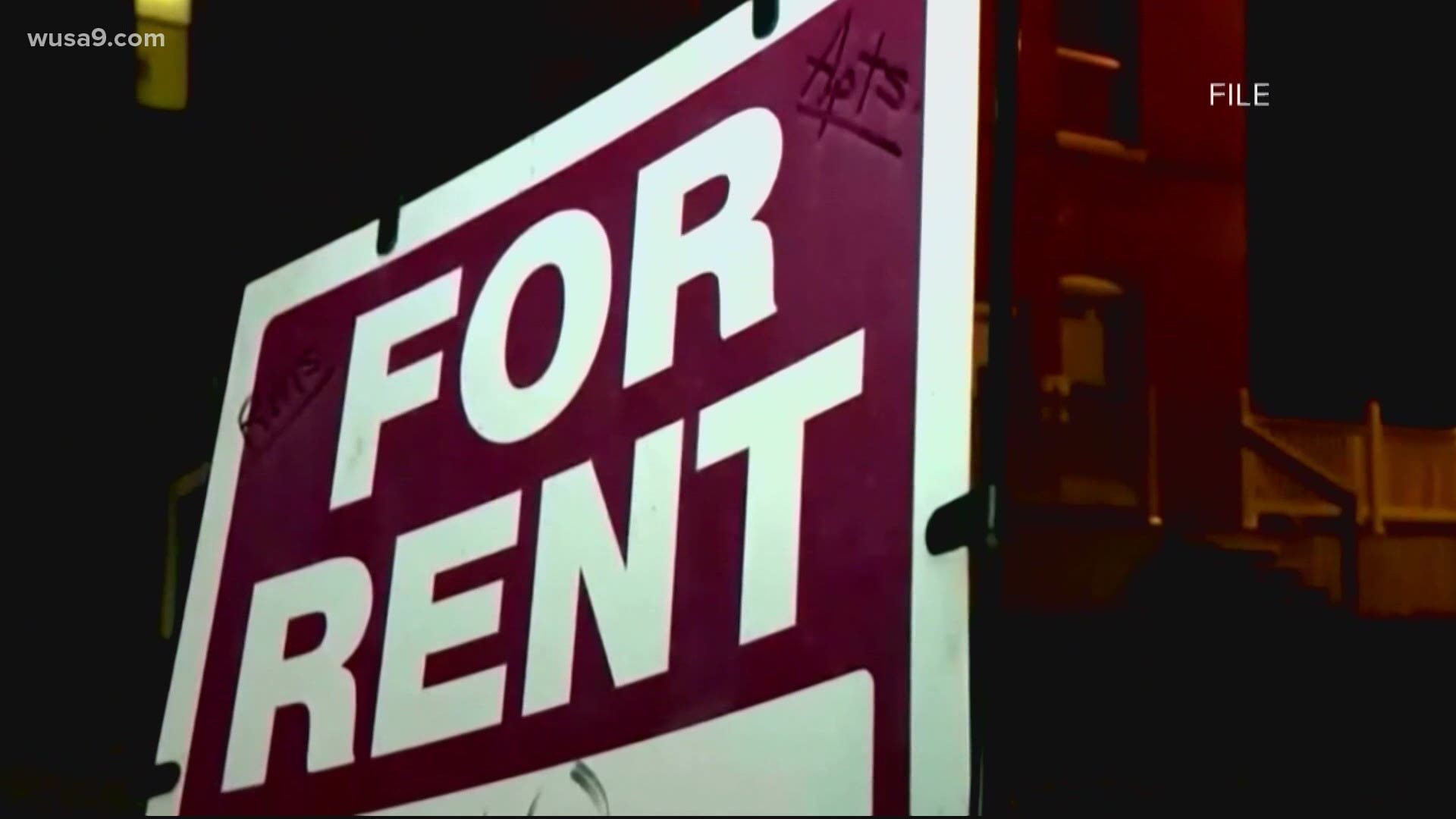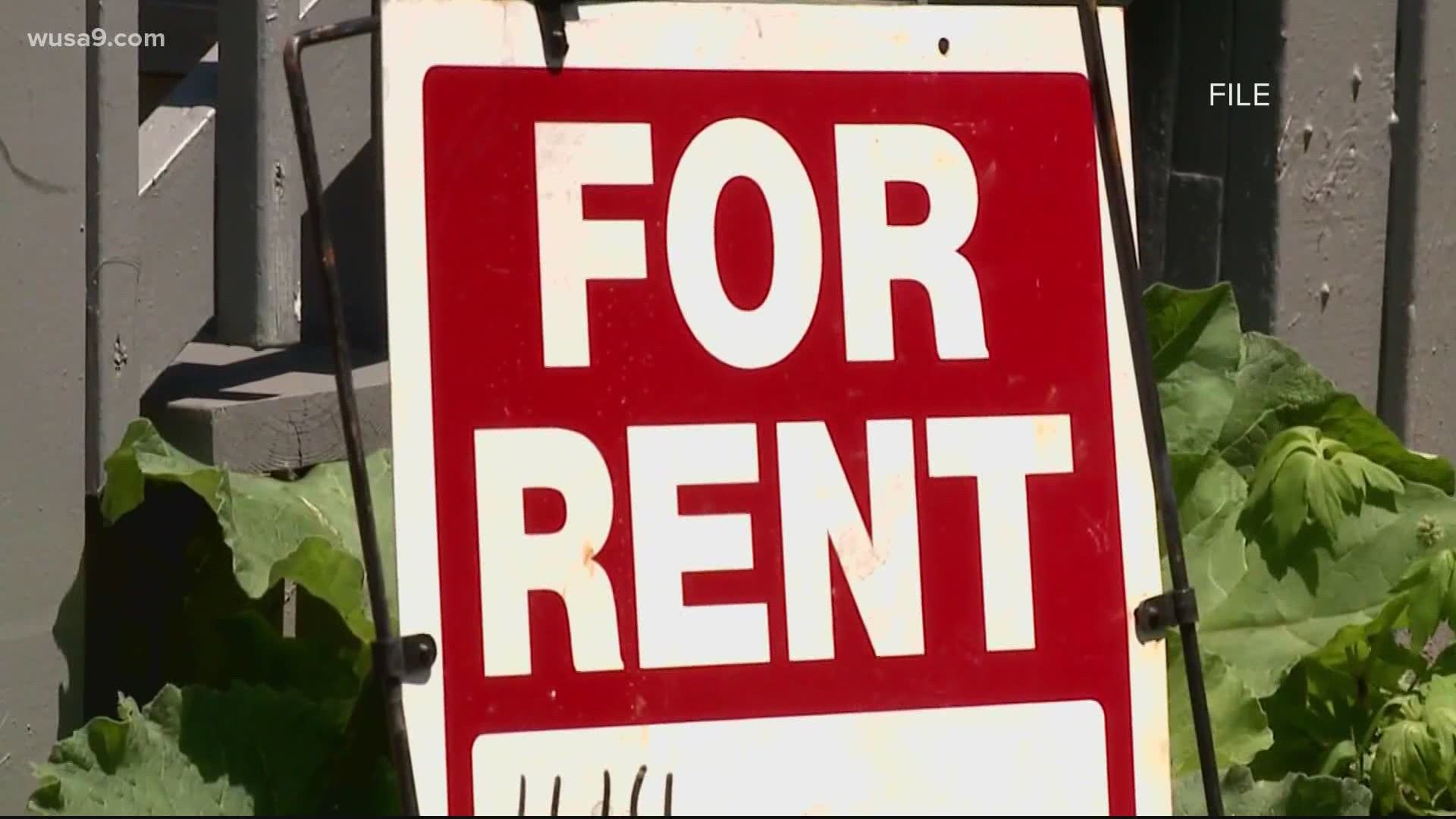WASHINGTON — Many of President Joe Biden’s first acts in office have been related to the COVID-19 pandemic.
Last week, he extended the federal moratorium on evictions and foreclosures.
The presidential order may help offer some relief in the short term, but what will happen after is still up in the air.
Housing experts told WUSA9 when this current moratorium ends, it is projected that renters will be $70 billion behind in rent.
With about 2.8 billion homeowners in forbearance currently, they said the recovery is going to be an uphill battle.
“We’ve been in an affordable housing crisis much long prior to the COVID-19 pandemic,” Ibijoke Akinbowale, Director of the Housing Counseling Network at the National Community Reinvestment Coalition (NCRC) said.
Akinbowale added the coronavirus pandemic has only magnified the housing crisis problem.
“Unfortunately, it has put homeowners and renters and renters in dire constraints. Also, let’s not forget the landlords,” she said.
Akinbowale applauded recent moves from President Biden to offer short term relief for homeowners and renters, eligibility for DACA recipients to apply for Federal Housing Administration insured mortgages, and directives for his administration to address racial biases in federal housing programs.
She explained if more is not done to help Americans recover, it could result in evictions, poor credit, and other long-term effects.
“We’re talking about, again, a long-time economic payment commitment to individuals and supporting the landlords that house them,” Akinbowale detailed.
Unlike renters, homeowners in forbearance are protected under provisions in the CARES Act.
“This allows the opportunity to not make a mortgage payment and receive a penalty to the homeowner for the duration of the forbearance agreement. At the close of it, you should be able to work out a few options with your servicer that, per provisions in the CARES Act, should not include you owing all of the monies all at one time in the end,” Akinbowale said.
It is important for homeowners to not get relaxed.
Akinbowale said to be in constant communication with your lender, know the terms of your forbearance agreement, and when it ends.
Whether you are a homeowner or renter, there are resources available on NCRC’s COVID-19 website.


